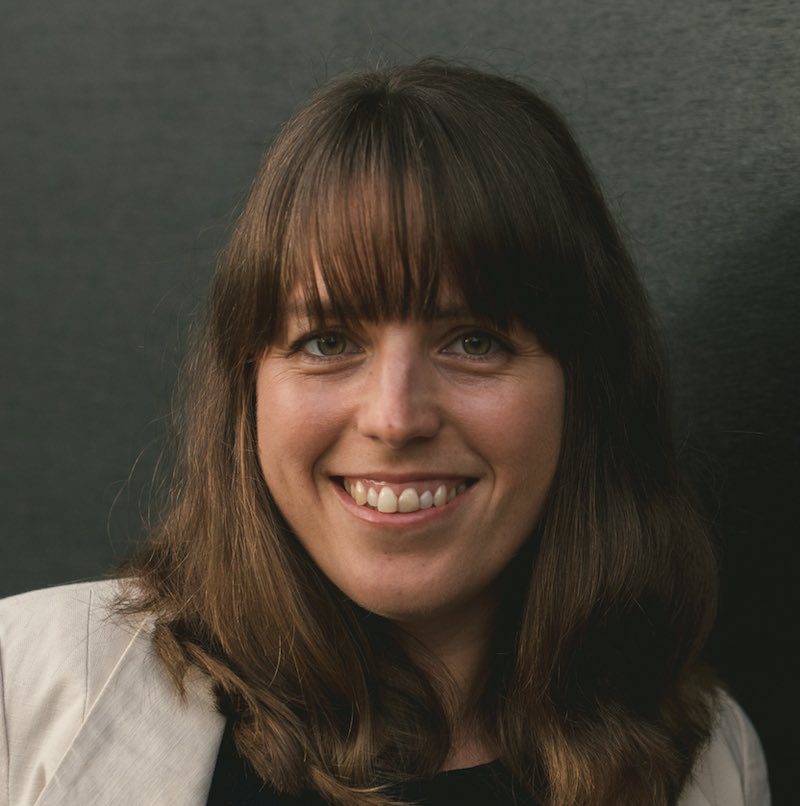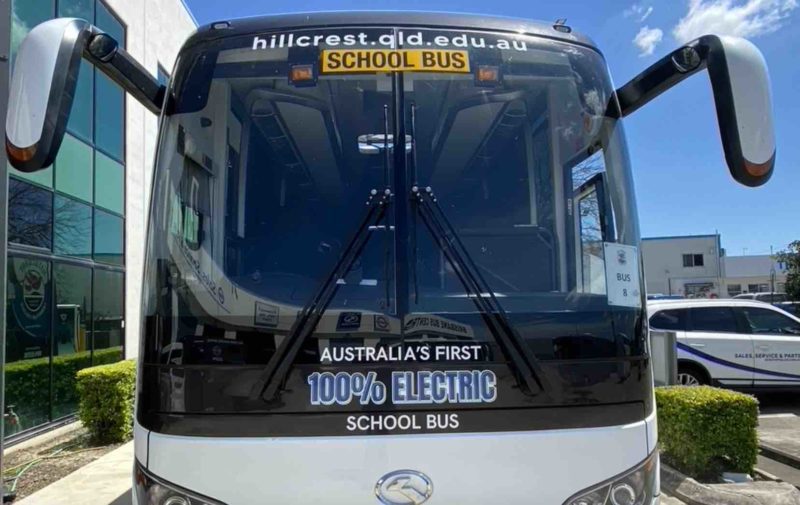A Gold Coast school has bought what it says is the first electric school bus in the country, with a plan to go fully electric over the next five years.
Hillcrest Christian College bought a King Long bus with a 422kWh battery from Bus Stop, after one of its internal combustion engine (ICE) buses caught fire earlier this year.
School financial manager Rachel Collins says the school wants to be an early adopter but also wants the freedom to learn about how to use an EV while it still has access to a fleet of ICE buses, in case of problems.
“We currently have a fleet of 10 bus/coaches. We want to model change to the students and show that we all have to go through growing pains to make the world a better place,” Collins told RenewEconomy.
“Additionally, we each have a responsibility to do our part to leave the world in a better place than we found it. We wanted to learn at our own pace, while we still had full access to ICE vehicles to ensure that once we have a fleet of 10+ buses we have most of the issues resolved. It is easier to fix problems for one coach than for 10.”
The school road tested two models but settled on the high floor coach that wasn’t limited to an 80km speed, and could fit luggage under the bus.
The school needed to install a 3 phase charger for the bus which provides charge up to 21 kilowatts (kW), a much faster rate than of simply plugging the vehicle into the wall (about 2kW) or using a single phase charger (7 kW).
Collins says the process for deciding which bus and where from was not easy, given they were breaking new ground and had no other school models to follow.
She says support from the government on research and analysis on what schools should consider when choosing a bus would be helpful, as would access to government charging stations.
“It is one thing for the coach to break down, it is another when the charging station has an issue,” she said.
“If a petrol pump breaks down we can just go to another one, but if there is an issue with our charger we do not have a back up. This is not an issue now, but we do worry about it. Access to electrical engineers in this area would be very helpful.
“This is such new technology, if possible I would have involved the high school students more in the research and analysis if the curriculum allowed for it. Some of them will end up working in this emerging industry and will have a leg up as they have worked out the foundational information during their formative years.”
Other drawbacks included the high up-front costs and range anxiety, but a range of 350km on full charge, cheaper to run, and lower overall maintenance tipped the scales.

Rachel Williamson is a science and business journalist, who focuses on climate change-related health and environmental issues.

